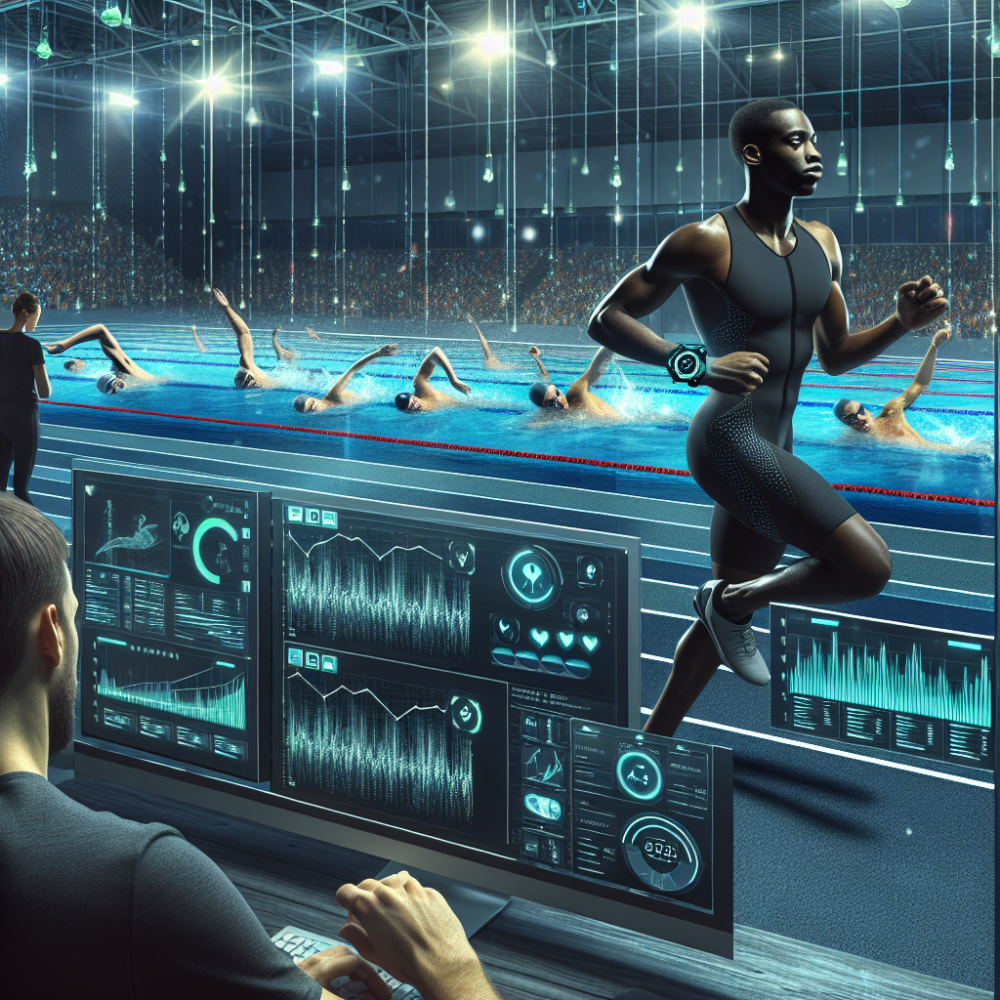In recent years, the sports world has witnessed a significant transformation, not just in terms of physical training but also in the mental preparation of athletes. Cognitive training techniques, once a peripheral aspect of sports preparation, have now become central in developing athletes' mental acuity and enhancing their performance under pressure.
The Foundation of Cognitive Training
Cognitive training involves various mental exercises designed to improve specific brain functions, including memory, attention, decision-making, and problem-solving skills. In sports, these functions translate directly into better game-time decision-making, sharper focus, and quicker reactions.
At the core of cognitive training is the understanding that the brain, much like any muscle in the body, can be strengthened and enhanced with regular and rigorous exercise. Techniques such as neurofeedback, meditation, visualization, and simulated training environments are employed to prime athletes' brains for peak performance.
Real-World Applications in Sports
-
Neurofeedback Training: This technique uses real-time displays of brain activity to teach self-regulation of brain functions. Athletes learn to control their brain waves, leading to improved concentration and stress management. Sports psychologists have noted significant improvements in athletes' performances in high-pressure situations after undergoing neurofeedback training.
-
Meditation and Mindfulness: These practices help athletes maintain focus, reduce stress, and manage anxiety. Regular meditation enhances mental clarity and resilience, crucial during long tournaments or matches where mental fatigue can severely impact performance.
-
Visualization Techniques: Many top athletes use visualization to prepare for competition. This technique involves creating a mental image of performing at peak level, which has been shown to enhance actual performance through improved neural pathways associated with the visualized actions.
-
Simulated Training Environments: Advances in virtual reality (VR) technology have allowed for the creation of simulated training environments that are incredibly realistic. Athletes can practice their skills in a variety of virtual settings to prepare better for actual games. This is particularly useful in sports like racing, where athletes can experience different tracks and conditions without leaving their training facilities.
Impact on Performance
The impact of cognitive training on sports performance can be seen across various disciplines. In basketball, for example, cognitive training helps players make faster and more accurate decisions on the court. In soccer, it enhances peripheral vision and awareness, allowing for better ball control and team coordination. In high-speed sports like Formula 1 racing, drivers benefit from improved reaction times and error recognition, directly influencing their safety and competitiveness.
Athlete Testimonials and Scientific Backing
Many elite athletes have publicly credited their success in part to cognitive training. For instance, basketball player LeBron James has spoken about the importance of mental fitness and uses meditation and visualization regularly. Formula 1 drivers participate in cognitive training programs that enhance their split-second decision-making abilities.
Scientific studies support these testimonials, showing that cognitive training can lead to measurable changes in the brain and improvements in cognitive function that translate into sports performance. Research in neuroscience and sports psychology continues to uncover more about how these techniques can be optimized for different sports and individual needs.
Future Directions
As cognitive training continues to gain popularity, its application is becoming more sophisticated with the integration of AI and machine learning. These technologies are being used to personalize training programs based on real-time data from athletes' performances, potentially ushering in a new era of hyper-personalized cognitive training.
Moreover, as understanding deepens, younger athletes in academies and even schools may begin cognitive training earlier in their careers, promoting a foundation of mental strength and resilience that could redefine athletic performance.
Conclusion
The rise of cognitive training techniques in sports represents a paradigm shift in how athletes prepare for competition. No longer is physical training sufficient; the mental aspects of sports are being recognized as equally crucial for success. As these techniques become more mainstream, they promise not only to enhance individual performance but also to elevate the overall standard of professional sports.




